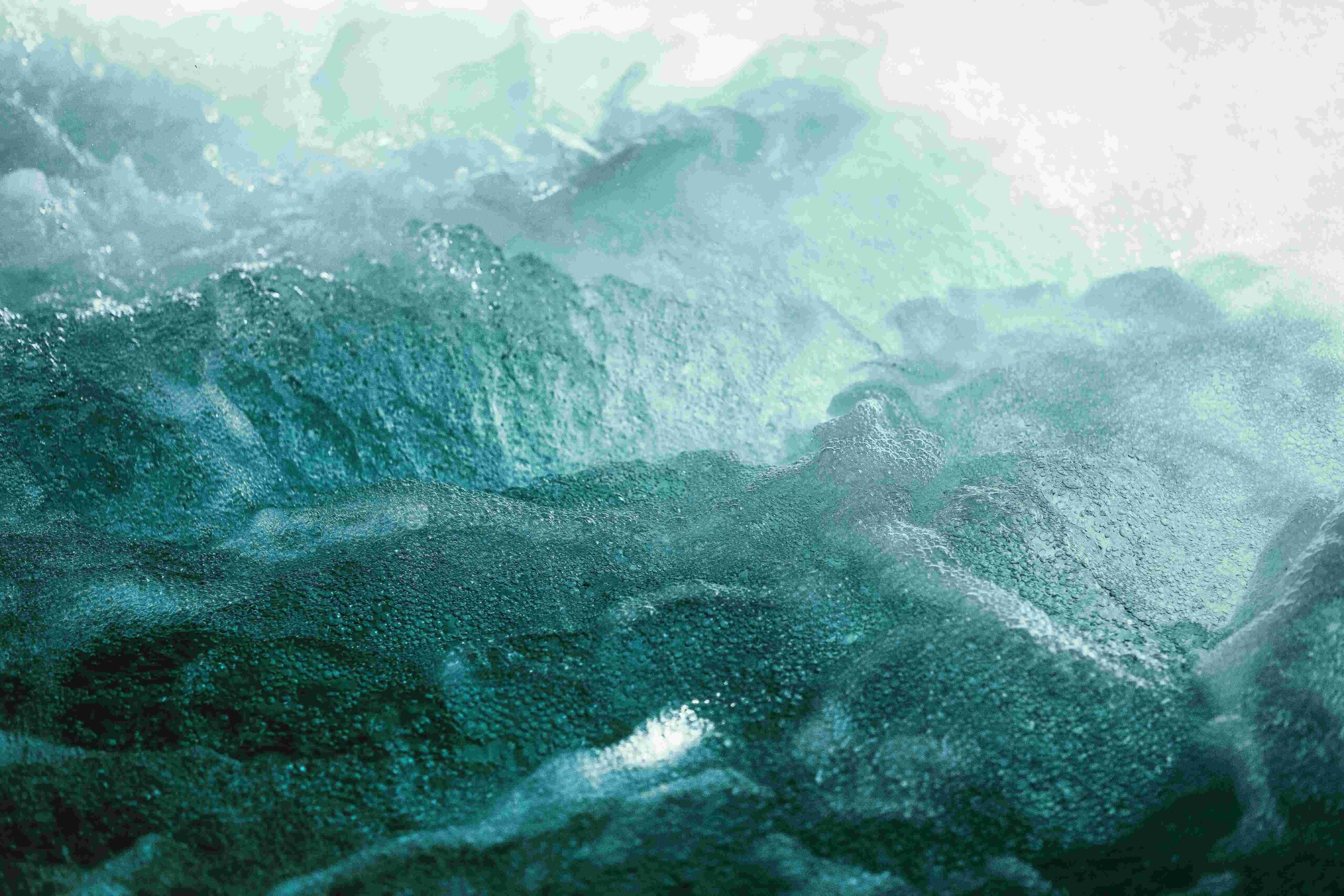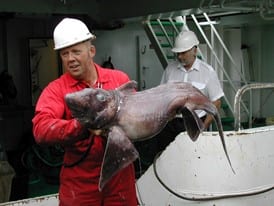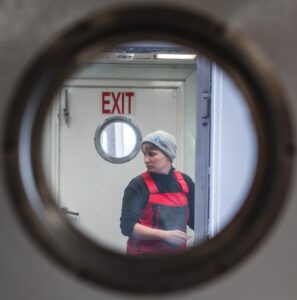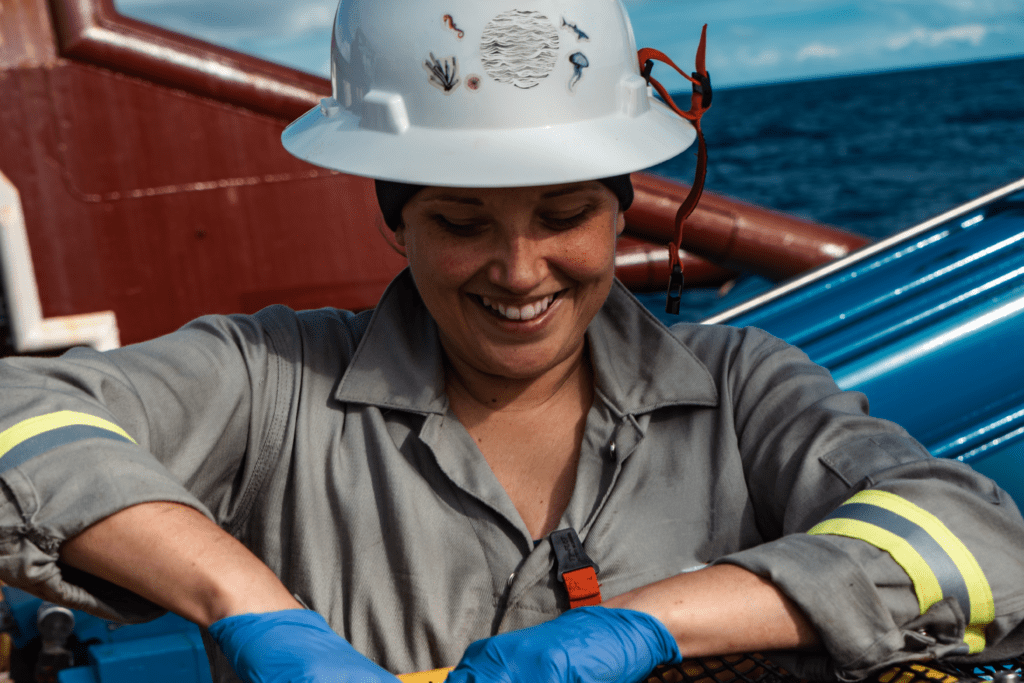This Forum provides a platform for knowledge exchange (information, education, networking), enabling the MASTS community to collaborate on Deep Sea Research.
As a more holistic approach to studying the deep-sea is needed to solve present issues this Forum engages researchers representing a variety of disciplines.

Scotland has a vast deep-sea area stretching out to the 200 nautical mile boundary, encompassing a range of diverse habitats as well as economic resources such as fishing, oil and gas. In addition to scientific interest in the deep sea, policy makers are required to protect many of these poorly understood habitats and the often fragile ecology and biodiversity that they support. Increasing access to deep sea habitats and exposure through various media has also stimulated significant public curiosity in the life found in these deep, cool and dark environments.
A more holistic approach to studying the deep-sea is needed which requires engagement with researchers representing a variety of disciplines, including ecologists, chemists, physicists, modellers and climate scientists. These researchers have to be supported by technology that can operate remotely under extreme conditions. Only then can we truly begin to understand how the ecosystem functions. Deep sea researchers operating within the MASTS community have access to a variety of state of the art equipment, some of which has been specifically designed to operate and sample in the deepest parts of the world’s oceans.
The challenge of conducting research in these extreme environments means that much of the science is by definition, cutting edge. However, use of modern technology, together with practical ingenuity is leading to novel discoveries including species and ecosystems new to science.

MASTS Annual Science Meeting 2023 in Glasgow – Special Session on “Deep Sea”

Johanne Vad
– The University of Edinburgh
PostDoc | School of GeoSciences
Interests: Marine Biology | Ecology and Evolution | Ecosystem and Conservation Ecology | Oil and Gas Industry – Impact on cold-water sponges and their habitats

Dominique Anderson
– Heriot-Watt University
PhD | School of Energy, Geo-science, Infrastructure and Society
Interests: Deep-Sea Ecology and Ecotoxicology | Ecotoxicological Impacts of Deep-Sea Mining on Predators and Scavengers

Andrew Dale (SAMS), Andrew K. Sweetman (SAMS), Babette Hoogakker (Heriot-Watt University), Bee Berx (Marine Directorate), Bhavani Narayanaswamy (SAMS), Daniëlle de Jonge (JNCC), David Paterson (University of St Andrews), David Stirling (Marine Directorate), Heather Stewart (British Geological Survey), Sofie Voerman (JNCC) and Teresa Fernandes (Heriot-Watt University).

MASTS was founded in 2009 to be a unique collaboration between marine research organisations, government and industry.
Charity Number: SC045259
Company Number: SC485726



We’re working behind the scenes to bring you a suite of useful, and updateable, resources including:
If you would like to be updated when the resources section is live please let us know.